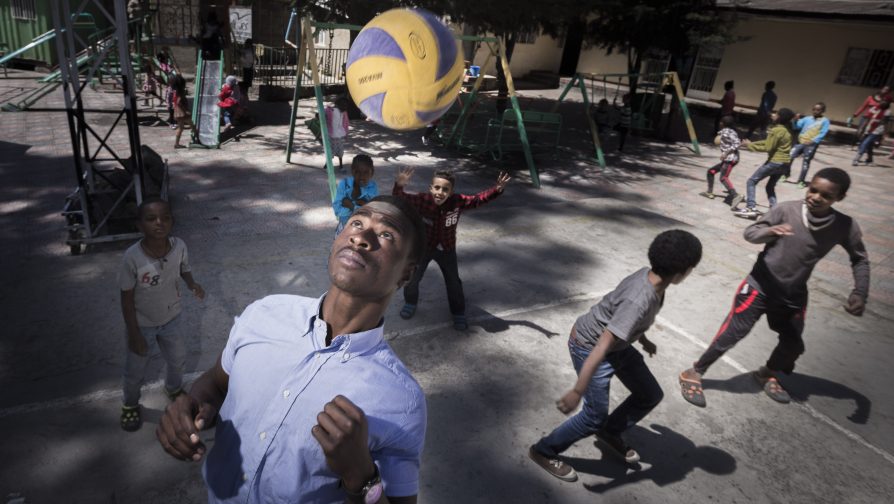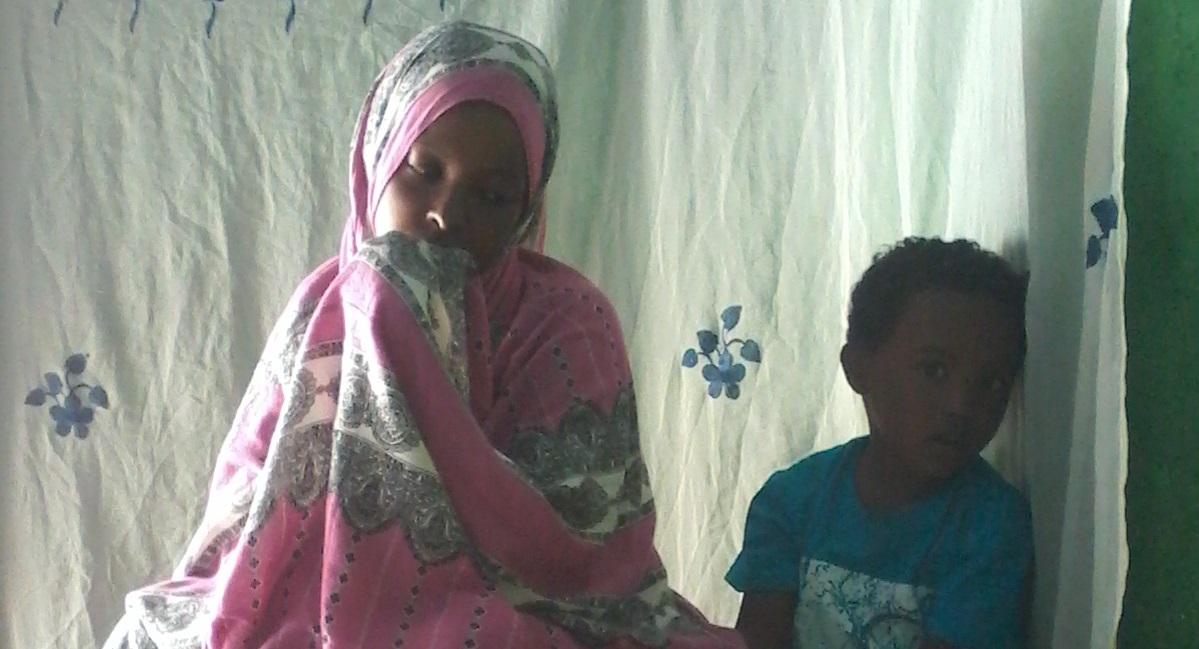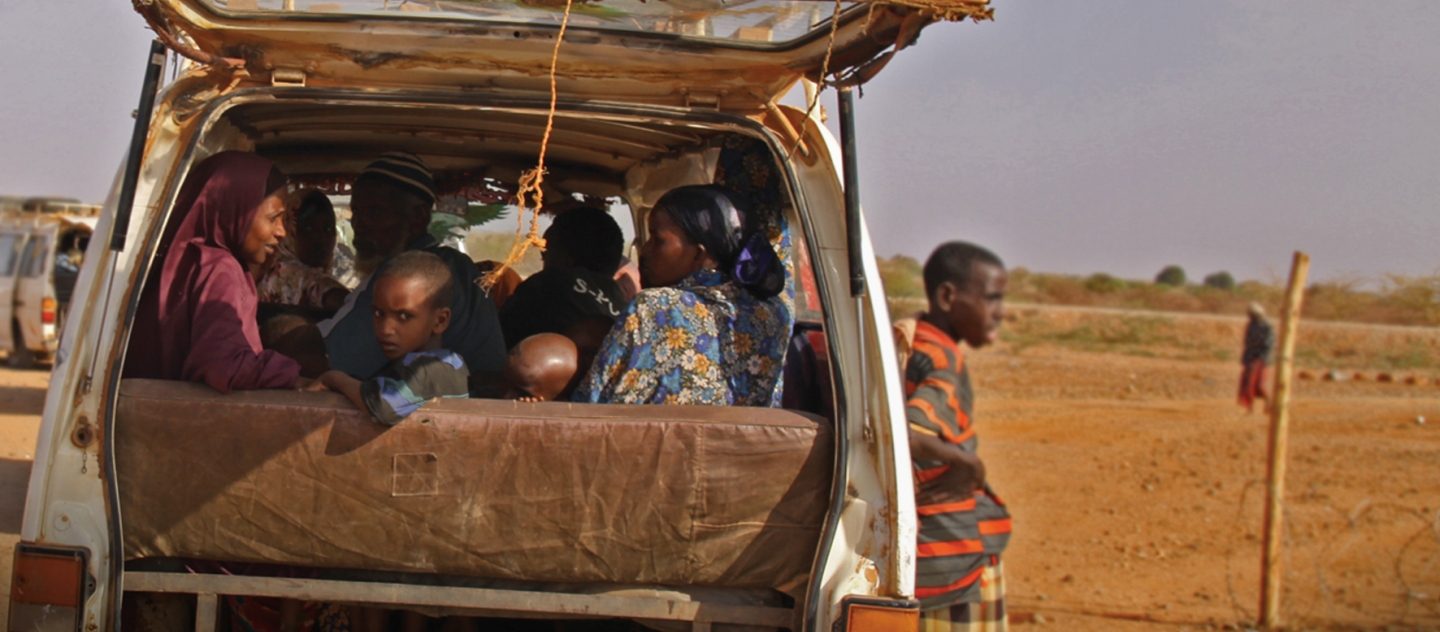Football-crazy refugee aspires to join the ranks of African superstars like Didier Drogba
But cannot afford the healthy blend of the nutrients required to help him gain the energy and endurance to sustain the game for long
Kisut Gebre Egziabher / 29 December 2016
ADDIS ABABA (UNHCR) — Nineteen-year-old Olami Simon believes that he will one day join the ranks of African football superstars like Didier Drogba of Cote d’Ivoire. He trains regularly and practices at the community centre that is run by UNHCR’s partner the Jesuit Refugee Service, and hopes to study ‘football coaching’ in college.
“I’m good at sports in general but football is what I think I was born to do,” says the confident-looking young man —a claim that is supported by his achievements. He earns a modest income playing for local B grade football clubs, and once scored a goal in a national league tournament. “The 1,700 Birr ($78) they pay me every month supplements the monthly allowance my family receives from UNHCR,” he says.
Olami trains regularly and practices at the community centre that is run by the Jesuit Refugee Service
Olami was born in the former Dima refugee camp in western Ethiopia to a Ugandan father and a South Sudanese mother. Currently he lives in Addis Ababa, the capital of Ethiopia, with his mother and six siblings, among the city’s 19,000 urban refugees. UNHCR transferred the family from the refugee camp in 2004 so that they could enjoy better protection after the father died of natural causes.
As an urban refugee Olami enjoys good opportunities in education and sport. He trains regularly and practices at the community centre that is run by UNHCR’s partner the Jesuit Refugee Service Of his plans to study ‘football coaching’, he says he is being strategic—his goal is to have a career in football after he retires from active playing. “The moment I retire from playing football, I can take up a coaching job,” he says.
The young man considers himself a Ugandan although he has never been to the country he calls home. He is unable to create a mental picture of his father’s homeland. “Sometimes, I meet and chat with my late father’s relatives on Facebook”, he says. “They often suggest that I go back home. I usually tell them that Uganda is more foreign to me than Ethiopia.”
For the foreseeable future, returning to his mother’s homeland in South Sudan is not feasible either. The situation in the world’s youngest nation remains troubling, with no improvement in sight. Olami believes resettlement to a third country could provide a lasting solution for himself and his family.
Drogba is his hero and role model, alongside Messi
Olami spent most of the last soccer season sitting on the bench as a backup. He confesses that it did not feel good at all. Despite his excellent skills, he needs to improve his physical fitness to keep up with other players and avoid the bench. “I know I can bring up my level of fitness if I train for four to five hours a day,” he says, “But, with the kind of food I eat, to exercise so intensely would be suicidal.”
The monthly living allowance his family receives from UNHCR is enough only to buy basic supplies. Olami cannot afford the healthy blend of nutrients required to help him gain the energy and endurance to sustain the game for long.
Still, he is optimistic that given the right conditions, he will one day join the ranks of African superstars like Didier Drogba of Cote d’Ivoire. “Alongside Lionel Messi, he is my hero and role model,” he declares.



